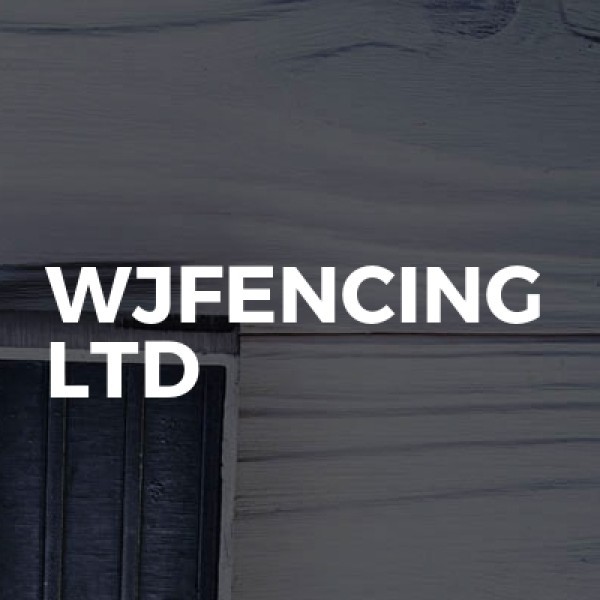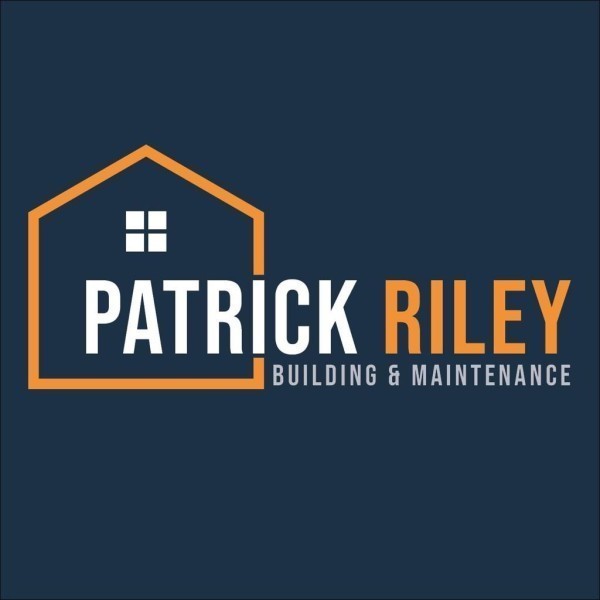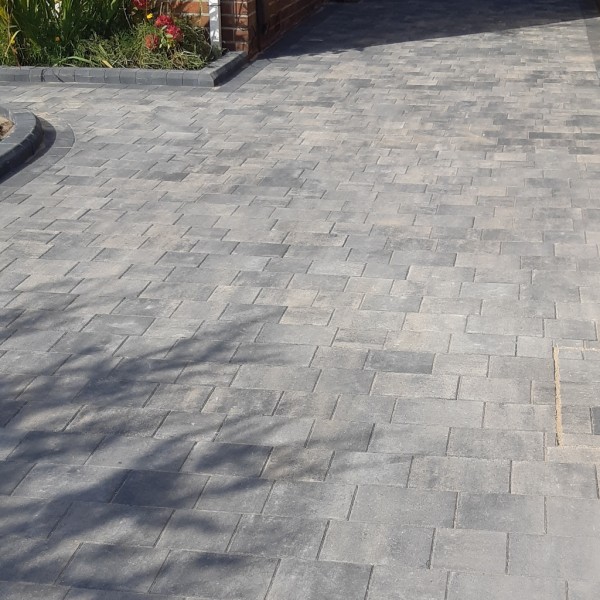Garden Fencing in Adlington
Search Garden Fencing in places nearby
- Garden Fencing in Accrington
- Garden Fencing in Bacup
- Garden Fencing in Bamber Bridge
- Garden Fencing in Barnoldswick
- Garden Fencing in Barrowford
- Garden Fencing in Blackburn
- Garden Fencing in Blackpool
- Garden Fencing in Brierfield
- Garden Fencing in Burnley
- Garden Fencing in Carnforth
- Garden Fencing in Chorley
- Garden Fencing in Church
- Garden Fencing in Clayton-Le-Moors
- Garden Fencing in Cleveleys
- Garden Fencing in Clitheroe
- Garden Fencing in Colne
- Garden Fencing in Darwen
- Garden Fencing in Earby
- Garden Fencing in Fleetwood
- Garden Fencing in Freckleton
- Garden Fencing in Fulwood
- Garden Fencing in Great Harwood
- Garden Fencing in Haslingden
- Garden Fencing in Heysham
- Garden Fencing in Kirkham
- Garden Fencing in Lancaster
- Garden Fencing in Leyland
- Garden Fencing in Longridge
- Garden Fencing in Lytham St Anne's
- Garden Fencing in Morecambe
- Garden Fencing in Nelson
- Garden Fencing in Ormskirk
- Garden Fencing in Oswaldtwistle
- Garden Fencing in Padiham
- Garden Fencing in Poulton-Le-Fylde
- Garden Fencing in Preston
- Garden Fencing in Rawtenstall
- Garden Fencing in Rishton
- Garden Fencing in Skelmersdale
- Garden Fencing in Thornton
- Garden Fencing in Trawden
- Garden Fencing in Whitworth
Understanding Garden Fencing in Adlington
Garden fencing in Adlington is an essential aspect of landscaping that not only enhances the aesthetic appeal of your garden but also provides privacy and security. Whether you're a seasoned gardener or a newcomer to the world of horticulture, understanding the nuances of garden fencing can significantly impact the overall look and feel of your outdoor space.
The Importance of Garden Fencing
Garden fencing serves multiple purposes. It acts as a boundary marker, keeping pets and children safe within the confines of your property. Additionally, it deters unwanted visitors and provides a sense of privacy. In Adlington, where gardens are often a cherished part of the home, fencing can also add to the visual appeal, complementing the natural beauty of the area.
Enhancing Aesthetic Appeal
Fencing can be a beautiful addition to any garden. With a variety of styles and materials available, you can choose a fence that complements your garden's design. Whether you prefer a rustic wooden fence or a sleek metal one, the right choice can enhance your garden's overall look.
Providing Security and Privacy
Security is a primary concern for many homeowners. A sturdy fence can act as a deterrent to potential intruders. Moreover, it provides privacy, allowing you to enjoy your garden without prying eyes. In a community like Adlington, where neighbourly interactions are common, a fence can offer a personal retreat.
Types of Garden Fencing Available in Adlington
When it comes to garden fencing in Adlington, there are several options to consider. Each type has its own set of advantages and can be chosen based on your specific needs and preferences.
Wooden Fences
Wooden fences are a popular choice due to their natural look and versatility. They can be painted or stained to match your garden's theme. However, they require regular maintenance to prevent rot and weather damage.
Metal Fences
Metal fences, such as wrought iron or aluminium, offer durability and a modern appearance. They are low-maintenance and can withstand harsh weather conditions, making them ideal for the unpredictable British climate.
Vinyl Fences
Vinyl fences are known for their durability and low maintenance. They come in various styles and colours, providing flexibility in design. While they may have a higher initial cost, their longevity makes them a cost-effective option in the long run.
Choosing the Right Fence for Your Garden
Selecting the right fence involves considering several factors, including your garden's size, your budget, and your personal style preferences. Here are some tips to help you make an informed decision.
Assessing Your Needs
Before choosing a fence, consider what you need it for. Is it for privacy, security, or purely decorative purposes? Understanding your primary goal will help narrow down your options.
Considering Maintenance Requirements
Different materials require different levels of maintenance. Wooden fences may need regular staining or painting, while metal and vinyl fences are generally low-maintenance. Consider how much time and effort you're willing to invest in upkeep.
Budget Considerations
Your budget will play a significant role in your decision. While some materials may have a higher upfront cost, they might save you money in the long run due to their durability and low maintenance needs.
Installation and Maintenance of Garden Fencing
Once you've chosen the perfect fence, the next step is installation. Proper installation is crucial to ensure the fence's longevity and effectiveness.
Professional Installation vs. DIY
While some homeowners may opt for a DIY approach, hiring a professional can ensure that the fence is installed correctly and efficiently. Professionals have the tools and expertise to handle any challenges that may arise during installation.
Regular Maintenance Tips
To keep your fence looking its best, regular maintenance is key. For wooden fences, this might include painting or staining every few years. Metal fences may require occasional rust treatment, while vinyl fences can be cleaned with soap and water.
Legal Considerations for Garden Fencing in Adlington
Before installing a fence, it's important to be aware of any legal considerations. This includes understanding property lines and any local regulations that may apply.
Understanding Property Lines
Ensure that your fence is installed within your property boundaries. Disputes over property lines can lead to legal issues, so it's best to have a clear understanding before installation.
Local Regulations and Permits
Check with local authorities to see if there are any regulations or permits required for fence installation. Adhering to these rules can prevent future complications.
Environmental Impact of Garden Fencing
When choosing a fence, consider its environmental impact. Some materials are more eco-friendly than others, and opting for sustainable options can benefit the environment.
Sustainable Materials
Look for fences made from sustainable materials, such as recycled metal or responsibly sourced wood. These options can reduce your carbon footprint and contribute to a healthier planet.
Recycling and Disposal
When replacing an old fence, consider recycling the materials. Many components can be repurposed or recycled, reducing waste and environmental impact.
Frequently Asked Questions
- What is the best type of fence for privacy? Wooden fences are often preferred for privacy due to their solid structure, but vinyl fences can also provide excellent coverage.
- How long does a wooden fence last? With proper maintenance, a wooden fence can last 15-20 years.
- Are metal fences more expensive than wooden ones? Metal fences can be more expensive initially, but they often require less maintenance, which can save money over time.
- Do I need a permit to install a fence in Adlington? It's best to check with local authorities, as regulations can vary.
- Can I install a fence myself? While DIY installation is possible, hiring a professional can ensure the job is done correctly.
- How can I make my fence more environmentally friendly? Choose sustainable materials and recycle old fencing components to reduce environmental impact.
In conclusion, garden fencing in Adlington is a multifaceted topic that involves aesthetic, practical, and environmental considerations. By understanding the different types of fencing available, assessing your needs, and considering legal and environmental factors, you can choose the perfect fence for your garden. Whether you opt for a classic wooden fence or a modern metal one, the right choice can enhance your garden's beauty and functionality for years to come.
















